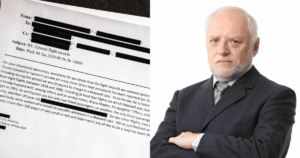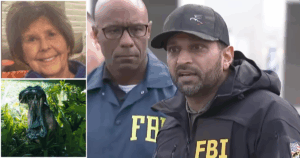The deaths of Alton Sterling and Philando Castile, two black men killed by police officers, sent a wave of mourning across America. What makes these deaths even more painful is that they could have been prevented by Stuart Farren, a 43-year-old Indianapolis resident who after diligent consideration has figured out exactly how black Americans should act when confronted by police officers. Sadly, although Farren possesses the secrets for how black people can survive police encounters, he tragically has no black friends with whom he can share his wisdom.
Absolutely heartbreaking.
Police brutality is a pressing issue, and Farren knows that he cannot stay silent on how he believes black Americans should behave during encounters with law enforcement. He often composes impassioned Facebook posts declaring that black people “just need to do what the police say and stop dressing like and they won’t have any reason to worry.” But in a cruel twist of fate, there are no black people in Farren’s social network to benefit from his crucial advice.
Farren’s extensive knowledge of how the black community should navigate encounters with the police came from hours spent thinking about hypothetical situations in which pretend black people encountered pretend police officers. From these rigorous thought experiments, he was able to develop a series of techniques, such as “being civil” and “following the rules,” that could help African Americans prevent the police from harming them.
It’s devastating to realize that this is information that Farren could have shared with the black people in his community if he knew any of them.
Farren’s thoughts on how black people should behave do not stop at interactions with the police. He also recently told a group of white people that the most pressing threat to the black community is “black-on-black crime.” If only he had ever befriended any black people in his life, he could have imparted this crucial insight and possibly saved some lives.
Tragically, because he rarely interacts with members of any minority group unless he absolutely has to, it’s unlikely that the black community will be able to benefit from Farren’s profound understanding of racially fraught police encounters any time soon. This time at least, his comprehensive, detailed prescriptions for black Americans just weren’t quite enough.
We can only hope that they can somehow find a way to understand racism on their own.





